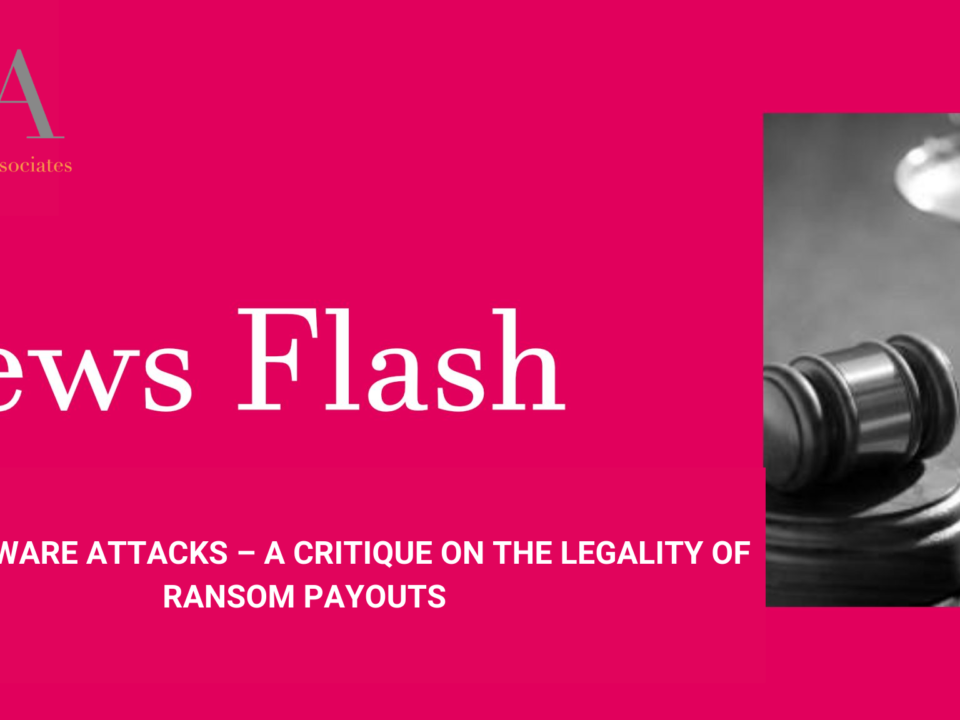Does the IBC override all other laws? Examining Section 7 of IBC vis-a-vis Section 8 of the Arbitration Act

An Arbitration Petition was filed before the Hon’ble Supreme Court in the case of Indus Biotech Private Limited vs. Kotak India Venture (Offshore) Fund seeking the appointment of an Arbitrator to adjudicate upon the dispute regarding an appropriate formula to be adopted and to arrive at the actual percentage of the paid up share capital which would be converted into equity shares.
The petition seeking constitution of the Arbitral Tribunal emanates from certain Shareholders’ Agreements through which the respondents subscribed to equity shares and Optionally Convertible Redeemable Preference Shares (“OCRPS”) in the company i.e., Indus Biotech Private Ltd. In the process of business, a decision was taken by the petitioner company to make a Qualified Initial Public Offering (“QIPO”).
However, under Regulation 5(2) of Securities and Exchange Board of India (Issue of Capital and Disclosure Requirements), Regulations 2018, a company which has any outstanding convertible securities or any other right which would entitle any person with an option to receive equity shares of the issuer is not entitled to make QIPO. In that view, it had become necessary to convert the respective preference shares into equity shares.
Moreover, it was contended that on redemption of OCRPS, Petitioner Company committed a default in discharging the payments and on perusal of the same a cause of action arose to institute the Corporate Insolvency Resolution Process (“CIRP”). Subsequently, a petition was filed under Section 7 of IBC before the NCLT, seeking appointment of Resolution Professional. Further, the petitioner company filed a Miscellaneous Application under Section 8 of the Arbitration and Conciliation Act, 1996 seeking a direction to refer the parties to arbitration. The NCLT, through its order dated 09.06.2020 allowed the application filed under Section 8 of the Act, 1996 and as a consequence, the petition filed under Section 7 of the IBC was dismissed.
In the above backdrop, a pertinent issue which arose for consideration before the Hon’ble Supreme Court was whether a default was committed by the Petitioner Company in discharging the payments and consequently whether the Adjudicating Authority erred in stating that invocation of arbitration was justified.
In the instant case, the dispute centered around three factors– (1) The valuation of the Respondents OCRPS; (2) The right of the Respondent to redeem such OCRPS when it had participated in the process to convert its OCRPS into equity shares of the Applicant; and (3) Fixing of the QIPO date. All of these were important determinants in coming to a judicial conclusion that a default had occurred.
In order to make the determination, the Court examined the stage of the proceedings at which the said observation was made. It observed that if the case has reached the stage to the status of a proceeding in rem, then such observation would not be justified and sustainable.
In the instant case, the petition was yet to be admitted and, therefore had not assumed the status of a proceedings in rem. Further, it was observed that in the process of consideration to be made by the Adjudicating Authority the facts in the particular case are to be taken into consideration before arriving at a conclusion as to whether a default has occurred even if there is a debt in the strict sense of the term, which exercise in the present case has been done by the Adjudicating Authority.
The Court upheld that in any proceeding which is pending before the Adjudicating Authority under Section 7 of IBC, if such petition is admitted upon the Adjudicating Authority recording the satisfaction with regard to the default and the debt being due from the corporate debtor, any application under Section 8 of the Act, 1996 made thereafter will not be maintainable.
Moreover, in a situation where the petition under Section 7 of IBC is yet to be admitted and, in such proceedings, if an application under Section 8 of the Act, 1996 is filed, the Adjudicating Authority is duty bound to first decide the application under Section 7 of the IB Code by recording a satisfaction with regard to there being default or not, even if the application under Section 8 of Act, 1996 is kept along with it for consideration. In such event, the natural consequence of the consideration made therein on Section 7 of IBC application would befall on the application under Section 8 of the Act, 1996.
In light of the above, it was held that no default has occurred and the disputes that formed the subject matter of the underlying Petition, viz., valuation of shares, calculation and conversion formula and fixing of QIPO date were all arbitrable.



